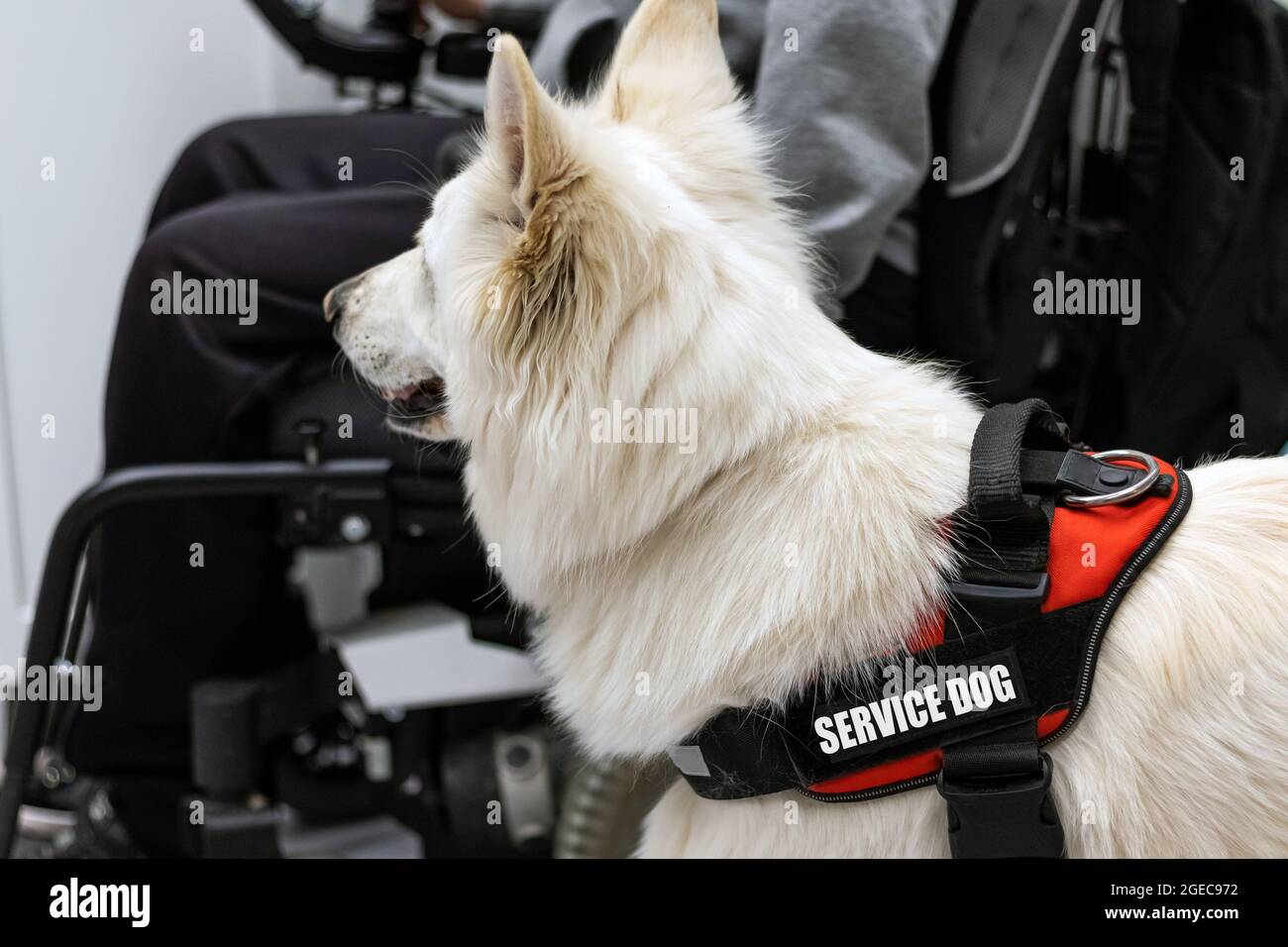Can a Hotel Charge for a Service Dog in the United States? What You Need to Know. The question of whether hotels can charge for service dogs is a common concern among travelers with disabilities who rely on these animals for assistance. Understanding the legal framework surrounding service animals in the U.S. is essential for both guests and hotel operators. The Americans with Disabilities Act (ADA) provides clear guidelines on this matter, but there are nuances that are often misunderstood.
Service Dogs and the Americans with Disabilities Act
Service dogs are specifically trained to perform tasks for individuals with disabilities, such as guiding the visually impaired, alerting individuals with diabetes to low blood sugar levels, or assisting those with epilepsy by detecting seizures. Under the ADA, service animals are not considered pets, which means they are protected from discrimination in public spaces, including hotels. This protection extends to housing, where the Fair Housing Act (FHA) also ensures that individuals with disabilities can live with their service animals without facing additional fees or restrictions.
However, it’s important to note that the ADA does not require hotels to accept emotional support animals or therapy animals unless they are specifically trained to perform tasks for a disability. Emotional support animals provide comfort but do not undergo the same level of training as service dogs. As a result, hotels may not be obligated to accommodate them in the same way.
Can Hotels Charge for Service Dogs?

The short answer is no—hotels cannot charge guests for the presence of a service dog. The ADA explicitly prohibits charging extra fees for service animals, regardless of the size or breed of the animal. This includes any additional cleaning fees, pet deposits, or other charges that might be applied to regular pets. The law recognizes that service dogs are working animals, not pets, and therefore should not be subject to the same rules and fees as typical companion animals.
Despite this, some hotels may attempt to impose fees or restrictions under the guise of “pet policies.” In such cases, guests have the right to challenge these practices by referencing the ADA. It’s crucial for individuals with service dogs to be aware of their rights and to document any instances of discrimination. If a hotel refuses to accommodate a service dog or imposes an illegal fee, the guest can file a complaint with the Department of Justice or seek legal recourse.
What About Breeds or Size Restrictions?

Another common misconception is that hotels can deny service dogs based on their breed or size. However, the ADA does not allow hotels to enforce breed-specific restrictions on service animals. This means that even if a hotel has a policy against certain breeds, such as pit bulls or German shepherds, it must make an exception for a service dog, regardless of the animal’s breed.
Hotels may request proof that the animal is a service dog, but they cannot ask for documentation beyond what is necessary to verify the animal’s role. For example, a hotel employee may ask if the dog is a service animal and what task it performs, but they cannot require the guest to show a certification or license. This is because the ADA does not mandate formal certification for service animals, although some states may have additional regulations.
Tips for Travelers with Service Dogs

For travelers who rely on service dogs, preparation is key to ensuring a smooth experience at hotels. Here are a few tips to keep in mind:
- Know Your Rights: Familiarize yourself with the ADA and local laws to understand what protections you have.
- Communicate Early: Contact the hotel in advance to confirm their policies and discuss any specific needs you may have.
- Be Prepared for Questions: While hotels cannot ask invasive questions, they may ask about the dog’s role. Be ready to explain how the animal assists you.
- Document Issues: If you encounter resistance or unfair treatment, take notes and report the incident to the appropriate authorities.
Conclusion
In the United States, hotels are legally required to accommodate service dogs without charging additional fees. This protection is rooted in the ADA, which ensures that individuals with disabilities can access public accommodations without discrimination. While some hotels may attempt to impose unnecessary restrictions or fees, guests have the right to challenge these practices and assert their rights. By understanding the law and being proactive, travelers with service dogs can enjoy their stays with confidence and peace of mind.



